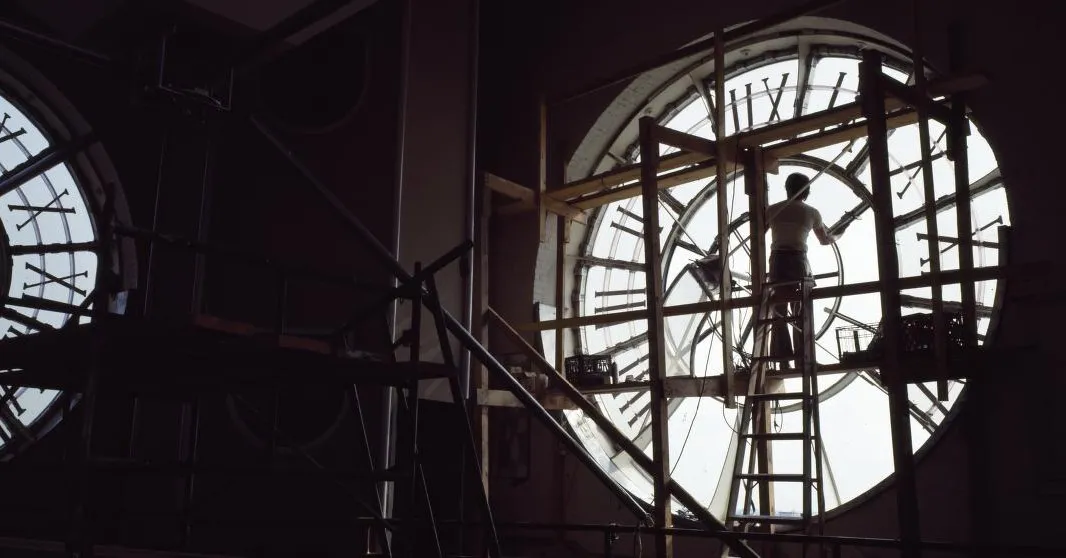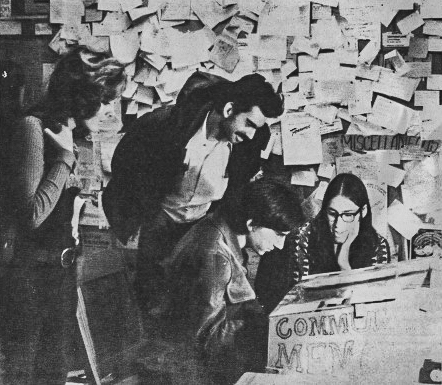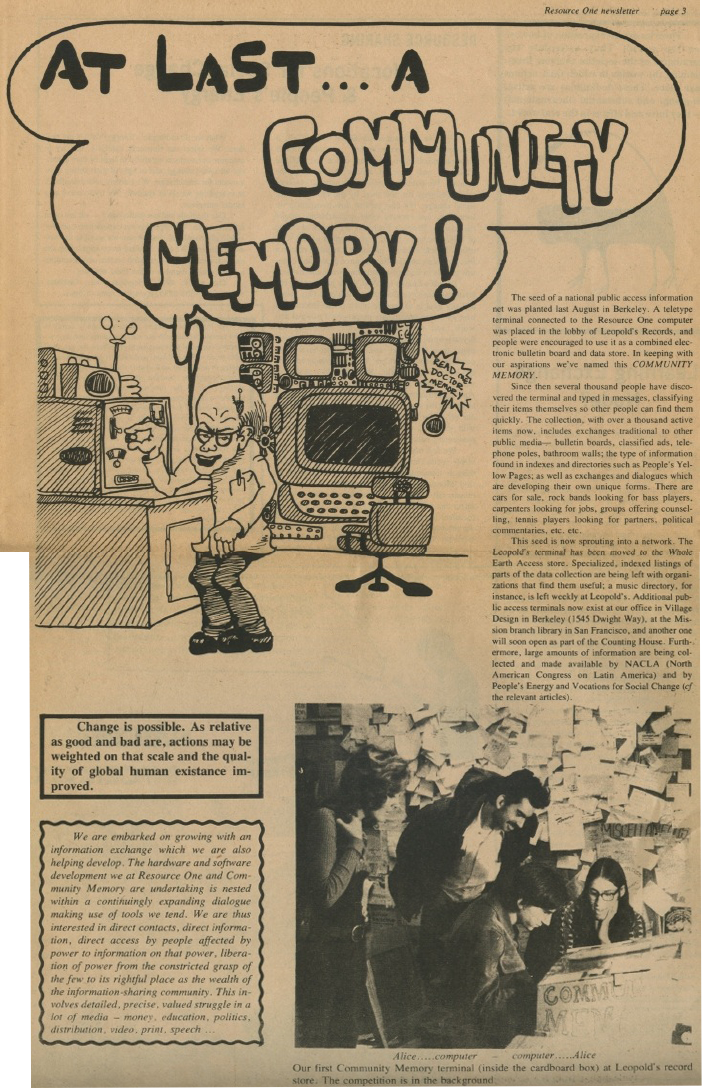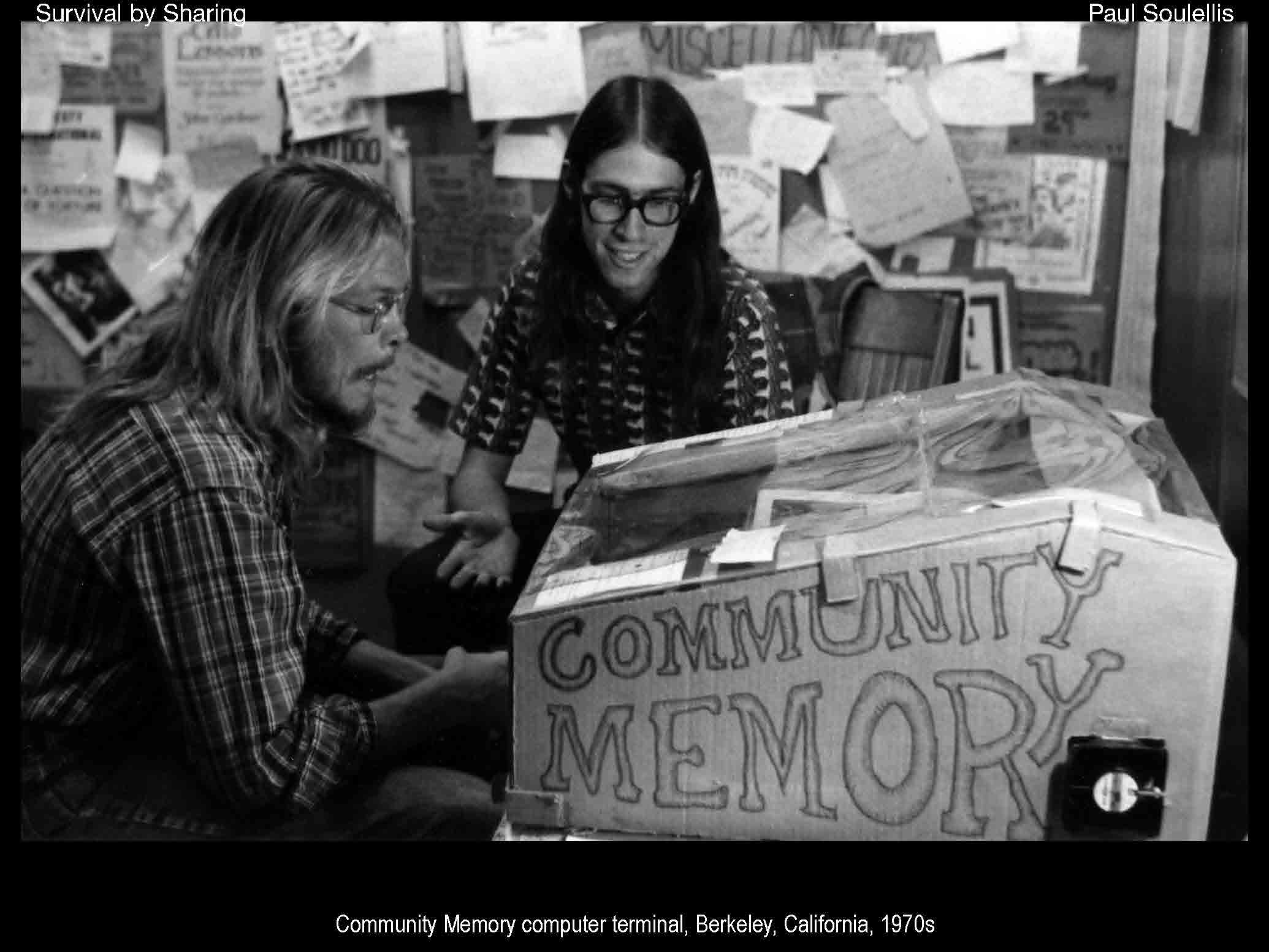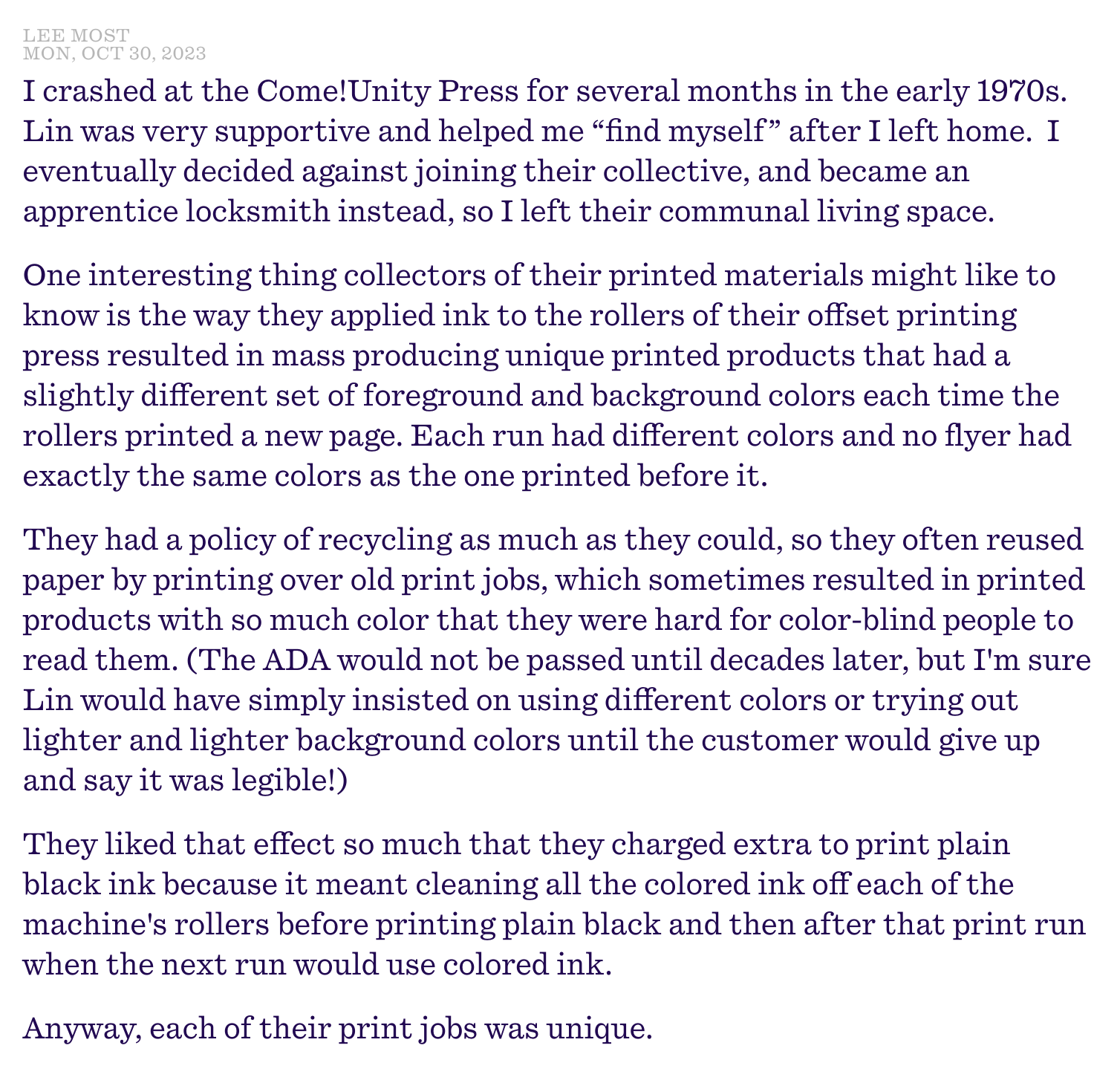The trail isn’t just a path through the woods, it’s a society organized around some of the best and most characteristically American virtues: spontaneous helpfulness, neighborly concern for a stranger, collective work for the common good. These virtues aren’t restricted to the trail, I’ve seen them all over the country. I’ve lived in Massachusetts, Maine, Virginia, Washington, D.C., San Francisco. I’ve driven across the country several times. Everywhere, people are friendly. If you need help, someone will help you. I’m sure we can all think of exceptions, but they are exceptions—we’re famous around the world for our outgoing cheerfulness and willingness to drop everything to help someone we just met. These aren’t just “small town virtues.” I’ve watched half a dozen New Yorkers, all unknown to each other, convene an impromptu colloquy on a busy sidewalk to determine the optimum route for a lost tourist to reach his destination. In Union Station in D.C. I saw an elderly woman fall and cut her face, and a dozen passengers hurrying for their own trains stop to help her. Everywhere, as individuals, this is how Americans act. In Maine, there’s a lake camp just off the trail where the owner feeds hikers every morning. For $12, he’ll make you eggs, sausage, coffee, juice, and a stack of twelve pancakes, if you can eat them all. If you can’t eat them all he’ll give you a ziplock bag to take the leftovers. If you can’t pay, or don’t want to, he’ll feed you anyway. He has a fund of money from other hikers who’ve paid extra just for this purpose, but he says it never gets any smaller. He doesn’t do this for money. He doesn’t get anything out of it but extra work, along with a little company in the morning. He had a son in the military who died, but he doesn’t like to talk about it. When you go inside the camp building you pass a huge Trump 2024 flag hanging on the wall outside. It’s tempting to imagine that the person who would feed a group of strangers every morning just because they’re camped at his doorstep and hungry is somehow different than the person who would vote for concentration camps. But they’re the same person. We’re all the same people. How can we reconcile living our lives with such openness, such abundant kindness, but governing ourselves with such fear and hate? I don’t know. It’s another clear, chilly day in America. I guess I’ll keep walking.
Activity tagged "community"
Wind the clock
Community memory
Happy Labor Day. I wrote a Wikipedia article about the gay, anarchist, anti-profit publishing collective Come!Unity Press after stumbling across a poster they printed in 1971.
Serendipitously, while researching this article I came across a March 2024 talk about “Survival By Sharing” by Paul Soulellis , which features a photograph of a Community Memory terminal.
I'd come across some photos of these while looking for public domain photos of computers a couple weeks ago, and was disappointed at the time that I couldn't find a better photo than ones like this on Wikimedia Commons (derived from a scan of a 1974 newsletter):
Soulellis’ talk, however, features a much better photo of this very same terminal at Leopold's Records in Berkeley, CA, likely taken at the same time based on the outfit of the person featured in both shots!
The talk, which focuses on community and archives and collaborative art and resistance, has some really interesting throughlines with some of the things I’ve been thinking a lot about lately.
The Signal Journal of International Political Graphics and Culture published an interview with an early member of the C!UP collective in issue 5. You can borrow a copy for free from the Internet Archive. I was curious how the anarchists went from operating a printing press for a group of Quakers in exchange for free rent to running the whole shop. Turns out it came down to conflicts over topics including their nudism and a "political prisoner" (kitten) named Kropotkin. Signal recounts the story.
There’s another story from an early member of the collective to be found in the comments of a site called The People’s Graphic Design Archive: “They liked th[e rainbow ink] effect so much that they charged extra to print plain black ink”.
10 years after the first XOXO I attended I went to the last XOXO, held on August 22-24, 2024 at Revolution Hall in Portland, Oregon. I’ve talked previously (here and here) about how XOXO reflects the importance of community and in being heard and seen, as a creator who lives entirely too much online, as well as the tension between the desire to connect and the hostility of many of the spaces on the internet where we seek that connection. This year’s XOXO, befitting the final one, felt even more focused on that tension. It was also a space all too rare these days, one that acknowledged that we are still in a global pandemic, that gathering in person carries its own set of risks, significant and sometimes life altering. We are also all changed now by the experience of that pandemic. Whatever our own personal lessons and challenges have been, we’ve all experienced a collective trauma, loss and grief a constant undercurrent, whether we are able to express or even acknowledge it or not. One of the things that so moved me about that first XOXO was being in a space that stood apart for recognizing that the wave of harassment and toxicity hitting my industry was real, and serious, and that speaking up about it mattered. This time, the realities we were collectively acknowledging are so much larger – the pandemic, the waves of transphobia and anti-trans and anti-LGBT legislation in the US, the genocides happening in so many places (Gaza, Ukraine, Tigray).
So what’s Casual Poet Library? It’s a shared library in the heartlands of Singapore run entirely by individuals in the community. Each individual pays a small amount of money every month to be a bookshelf-owner. On each shelf, bookshelf-owners share about themselves and their book recommendations via little note cards, and tend to their shelves like they are tending to a (book) garden. The library is open to everyone and all books are for people to browse and borrow.
